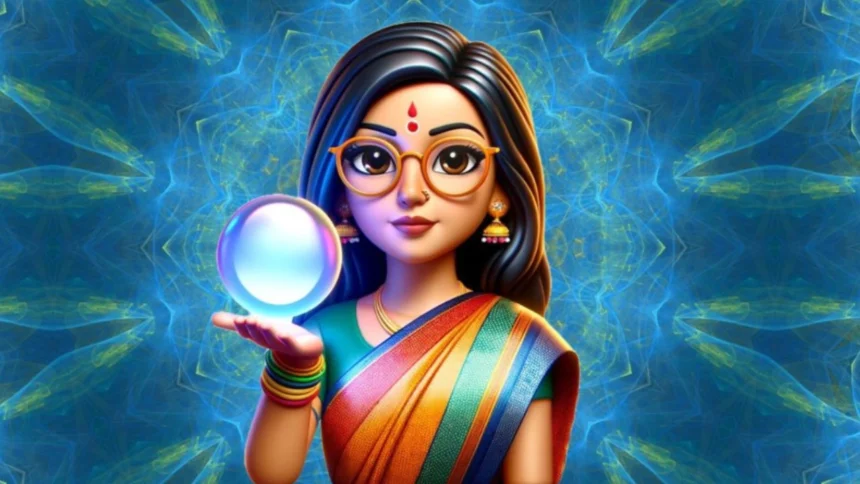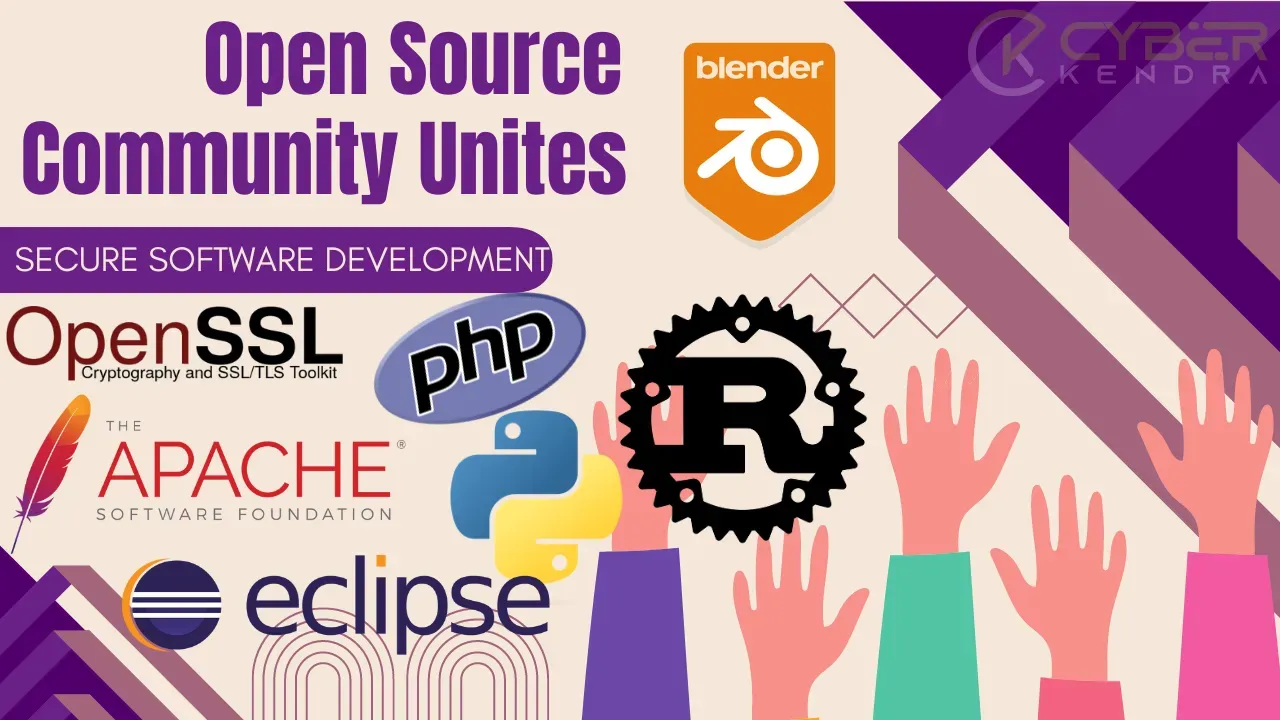Introducing Devika: A Leap Towards Autonomous AI in Software Engineering
In a world where Artificial Intelligence (AI) is revolutionizing every facet of life, a remarkable innovation has emerged from India, setting a new benchmark in software engineering. A 21-year-old visionary from Kerala, Mufeed VH, has unveiled Devika, India’s first AI software engineer capable of understanding human instructions to generate software code and fix bugs. This breakthrough mirrors the capabilities of its global predecessor, Devin, and marks a significant milestone in the AI and machine learning landscape.
The Genesis of Devika
The inception of Devika is as intriguing as its capabilities. What started as a light-hearted joke on Twitter/X, rooted in the awe of Devin’s demo presented by Cognition Labs in the US, quickly transformed into relentless coding over three days. Mufeed’s 20-hour coding odyssey gave birth to Devika, an AI marvel named after combining the concept of a ‘developer’ with a culturally resonant Indian name. What stands out is Devika’s foundational technology, powered by unprecedented collaboration among large language models (LLMs) like Anthropic’s Claude, OpenAI’s GPT-4, Meta’s Llama series, Groq by Elon Musk, and Mistral.
How Devika Reshapes Software Development
Devika is not merely an AI; it’s a paradigm shift in software development. Capable of drafting intricate plans, conducting internet research, and writing comprehensive code, Devika streamlines the software development process. Its ability to collaboratively interact with human developers to refine and advance software projects is particularly revolutionary.

The advent of AI engineers like Devika heralds a future where software development undergoes a fundamental transformation. Big tech’s investment in specialized AI assistants, including IBM’s Codenet and Microsoft’s GitHub CoPilot, underscores the shifting dynamics and the potential of LLMs in code generation and software engineering.
Devika’s Open-source Odyssey
Unlike its counterparts, Devika prides itself on being an indigenous open-source project, inviting collaboration and innovation from the global developer community. This open initiative not only democratizes AI in software engineering but also accelerates Devika’s evolution towards matching, and potentially surpassing, Devin’s capabilities.

The Road Ahead for Devika
The ambitions for Devika stretch far beyond code generation. Future iterations aim at integrating multimodal interactions, such as translating wireframe sketches into functional websites and autonomously managing internet-based actions. The commitment to an open SWE-bench benchmark and leveraging communal expertise encapsulates the essence of innovation that Devika represents.
Reflections from a Machine Learning Perspective
In line with our previous discussions on AI’s role in space exploration and revolutionizing ML projects, Devika signifies a leap in supervised learning applications. The integration of LLMs in Devika’s architecture showcases the evolution of machine learning models from theoretical constructs to practical, real-world applications.
Final Thoughts
The inception of Devika by Mufeed VH encapsulates the boundless potential of AI and machine learning in transforming the fabric of software engineering. As we embrace this technological renaissance, it is imperative to recognize and foster innovations like Devika. They are not just tools but beacons of progress, lighting the path towards a future where AI and human ingenuity coalesce to redefine the impossible.
Did you find this innovation as groundbreaking as I did? Share your thoughts in the comments section on this blog or engage with us on our social media platforms. Let’s delve into the future of AI and software engineering together!
Focus Keyphrase: AI in Software Engineering